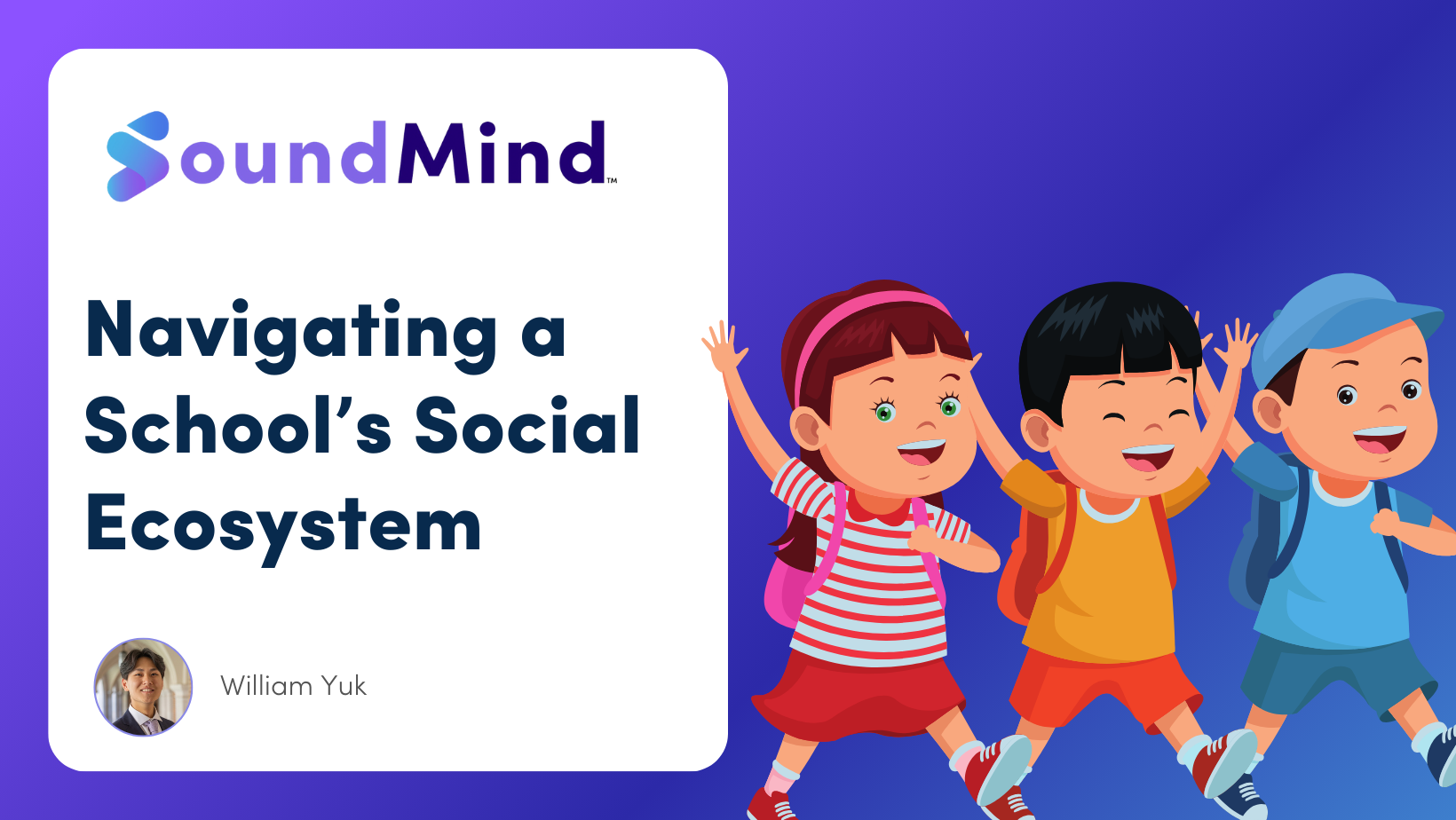Category: Education
A Teacher’s Survival Guide for Navigating the Schoolwide Social Ecosystem


Within classrooms and along hallways, invisible forces at play—like cliques, peer pressure, and the ever-present allure of social media— can rouse up a whirlwind of emotions and difficulties for students. Social dynamics, while disruptive, are a crucial and inevitable component of a student’s educational experience and personal growth. Here are some key components of the social ecosystem you might encounter and responses that you can use to help students weather the storms these dynamics may stir up.
Formation of Cliques and Friend Groups
Cliques are tightly-knit social groups among students who share common interests, backgrounds, or personalities, often leading to exclusionary dynamics.
Encourage inclusivity by organizing group activities or projects that bring together students from various social circles. Teachers and school staff can promote an open and accepting culture by facilitating interactions across different groups and highlighting the importance of diverse friendships.
Dealing with Peer Pressure
Peer pressure refers to the influence that peers can have on an individual, leading them to adopt certain behaviors, styles, or choices to gain approval or fit in with a specific peer group.
To empower students in navigating peer pressure, it is essential to cultivate their critical thinking and decision-making abilities. Encourage students to make choices aligned with their personal values and beliefs rather than yielding to external influences. Practical methods, such as engaging in role-playing exercises and discussing real-life situations, can be effective in helping students develop strategies to confidently resist negative peer pressure
Addressing Bullying and Cyberbullying
Bullying takes on multiple forms of aggressive conduct, spanning from physical intimidation and verbal mistreatment to cyberbullying, which employs digital platforms to torment or degrade others.
Establish a safe and supportive school environment where bullying is not tolerated. Implement anti-bullying programs, peer mentoring initiatives, and anonymous reporting systems. Emphasize the importance of empathy, kindness, and the consequences of one’s words and actions. Combating bullying requires collaboration among teachers, parents, and students.
Navigating Changing Friendships
In schools, students arrive with a range of cultural and socioeconomic backgrounds. This diversity can occasionally lead to misunderstandings, biases, and instances where some students feel left out.
Promote resilience by teaching students that friendships naturally change. Stress the significance of remaining open to new connections while cherishing the memories and lessons from previous friendships. Provide support to students navigating evolving social dynamics, helping them discover new ways to connect with others.
Influence of Social Media
Social media platforms significantly impact students’ self-esteem, body image, and social interactions, often fostering comparisons and the pursuit of online validation.
Promote digital literacy and critical thinking skills among students. Initiate discussions about the distinction between online personas and real-life experiences. Encourage students to strike a balance between their online interactions and offline activities, prioritizing their well-being and interests rather than constantly seeking validation from social media.
Embracing Cultural and Socioeconomic Diversity
Schools typically consist of students from diverse cultural and socioeconomic backgrounds, which can lead to misunderstandings, biases, and exclusion.
Celebrate diversity through cultural events, projects, and dialogues. Implement diversity and inclusion workshops aimed at increasing awareness of biases and fostering empathy. Create a safe space for students to openly share their experiences and learn from one another.
Coping with Academic Pressure and Competition
The pursuit of academic excellence can sometimes result in unhealthy competition and stress among students, potentially jeopardizing their mental well-being.
Promote a balanced approach to academics by emphasizing stress-reduction techniques, time management skills, and the importance of a growth mindset. Stress that success is not solely determined by grades but also by personal growth, resilience, and the ability to overcome challenges.
Thank you for reading “Piece of Mind”! If you liked this post, share it with a friend and help us increase our positive impact on Gen-Z mental health 🙂
Subscribe to receive blog updates!


